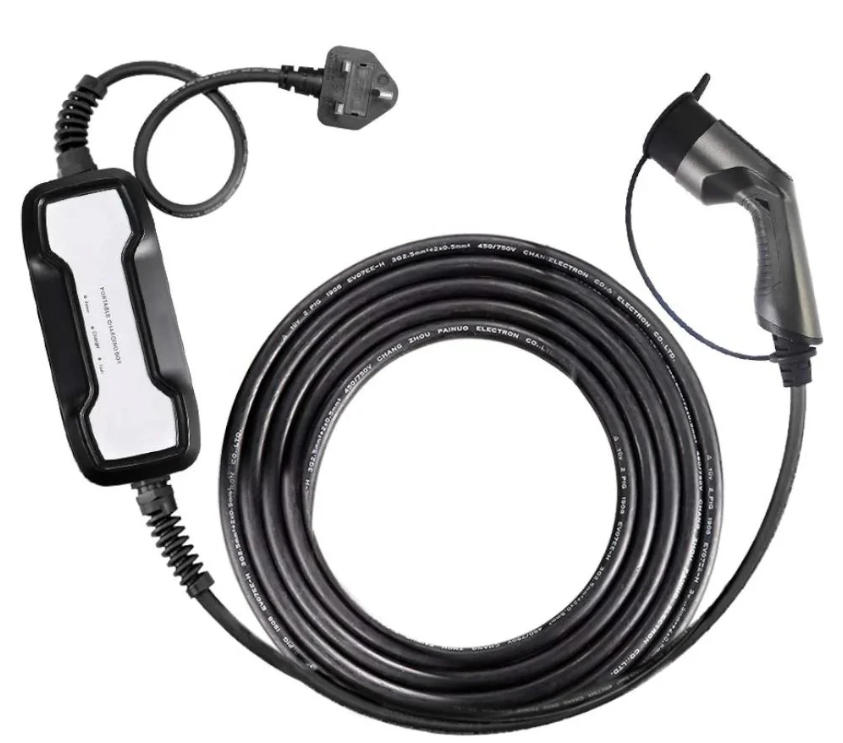9/8/2025
Most electric vehicles come with a "portable charging cable" that can be plugged directly into a 13A three-pin household outlet. This method provides an emergency or temporary charging solution when a dedicated charging station is unavailable.
However, long-term reliance on this method is not recommended. Household outlets are not designed for continuous high-power use. Running at 2.3kW or higher for extended periods can cause the outlet to overheat, increasing the risk of fire.
1. Slow Charging
Using a household outlet is the slowest method of charging. For example, a 2.3kW outlet can take over 18 hours to fully charge a 60kWh battery. In contrast, a dedicated 7kW home charger is three times faster, typically completing a full charge in 4 to 8 hours.
2. Safety Hazards
Household outlets are not designed for continuous high-power use. Running at near-maximum power for extended periods can cause the outlet, plug, or cable to overheat, increasing the risk of fire.
3. Inconvenience
If the outlet is inconveniently located, you may need to use an extension cord. However, extension cords are generally not designed to carry high currents for extended periods, potentially leading to overheating or electrical failure.
4. Lack of Intelligent Features
Home charging outlets lack intelligent scheduling and load balancing, and cannot automatically adjust charging times based on electricity price fluctuations, leading to missed periods of low electricity prices and increased charging costs.

Compared to 3-pin plug charging outlets, dedicated home charging stations offer a safer and more efficient charging experience.
1. Fast Charging
Dedicated charging stations typically support charging at 7kW or higher, fully charging the battery in a short time, meeting daily commuting needs.
2. Safety Assurance
Dedicated charging stations are designed to comply with electrical safety standards and include overload protection, leakage protection, and other features to ensure a safe and reliable charging process.
3. Intelligent Management
Many dedicated charging stations support intelligent scheduling, automatically adjusting charging times based on electricity price fluctuations, reducing charging costs.
4. Convenience of Use
Dedicated charging stations are typically designed for fixed installation and come with cables of appropriate lengths, making them more convenient and eliminating the need for frequent plugging and unplugging.
As a professional electric vehicle charging equipment supplier, NexwayEV is committed to providing high-quality, safe, and reliable charging solutions.
Our products include:
Choose NexwayEV to make your electric vehicle charging safer, more efficient, and more intelligent.
While using a 3-pin socket to charge an electric vehicle is feasible in emergency situations, it should not be used as a regular charging method. Long-term reliance on home outlets for charging can pose safety risks and inconvenience. It is recommended to install a dedicated home charging station to ensure safe and efficient charging.
The following are our popular EV charging products that you may be interested in. If you have any questions, please feel free to contact us, and our specialists will answer within 24 hours.